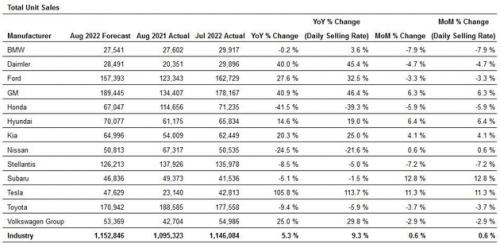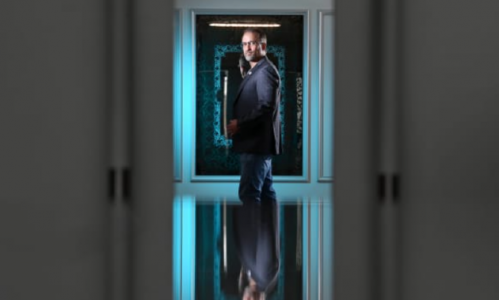your current location is:Home > TechnologyHomeTechnology
Is the golden age of Silicon Valley coming to an end?
 Silicon Valley (Visual China)
Silicon Valley (Visual China)Experts say the answer is complicated. In recent years, the technology industry has experienced a period of rapid growth as the Covid-19 pandemic has forced most communication to turn to the Internet. Today, that explosion, and the high wages and benefits that come with it, seems to be slowing.
"In many ways, we're going through a massive inflation and returning to normal," said University of Washington professor Margaret O'Mara. In her view, the trend will be exacerbated by a global economic downturn, The tech world isn't immune either.
In 2022, the Fed has raised interest rates three times and may continue to raise interest rates several times. The previous low-interest-rate environment had fueled a boom in the tech industry, helping spawn a long list of “unicorns” — startups valued at more than $1 billion. But as interest rates change and "liquidity dwindles", investors will put cash in a "much more prudent manner". "In a recession like this, trading will cool."
From the decline of WeWork to the collapse of Theranos, the once-prominent blood-testing company, a series of glaring cautionary tales have stifled the tech industry. Such stories, combined with increased scrutiny of the tech industry over the past decade, are shaking Silicon Valley’s image. Even some of the loudest supporters, including former President Barack Obama, appear to be reconsidering their attitudes. Obama used Facebook extensively in the 2008 election and praised the company in his 2011 State of the Union address, but in a recent talk at Stanford University, he denounced Facebook for spreading disinformation and its role in the election . "One of the biggest reasons for the weakening of democracy is a profound change in the way we communicate and consume information," Obama said.
Today, U.S. lawmakers and federal agencies are also engaged in the battle. Big tech is facing its biggest hurdle yet, as the Federal Trade Commission takes more action and Congress is about to introduce relevant legislation. There has also been a general shift in public perceptions of the tech industry, with 68% of Americans believing tech companies have too much power and influence over the economy – a marked increase from 51% in 2018. "Americans are concerned about the concentration of power," O'Mara said.
The geography of Silicon Valley is also changing, experts say. As an all-encompassing term to describe the area south of San Francisco, Silicon Valley has been cementing itself as an innovation hub for nearly a century.
Silicon Valley’s rise as a technology hub began in the 1930s when U.S. military operations began setting up research sites here, a trend that continued into the private sector in the decades that followed. But the tech sector has expanded far beyond the Bay Area, and the pandemic has accelerated that trend. In 2021, Tesla will move its headquarters to Austin, Texas, following similar moves by other tech companies such as Oracle and Hewlett-Packard.
Despite growing obstacles, "Silicon Valley remains extremely dynamic." It "goes through multiple cycles," including a 2001 and 2008 depression, but has recovered from it each time. "It has enduring appeal and unique qualities that are hard to replicate," O'Mara said. "It may be the end of a Silicon Valley era, but it's unlikely to be the end of Silicon Valley." (Cary Paul, translated by Ding Ding)
Previous:"Metaverse Dream" makes Meta's stock price plummet, Zuckerberg's wealth shrinks by $71 billion
Next:Why is Apple's iOS 16 switch sound effect exclusive to the iPhone 14/Pro series?
related articles
Article Comments (0)
- This article has not received comments yet, hurry up and grab the first frame~












